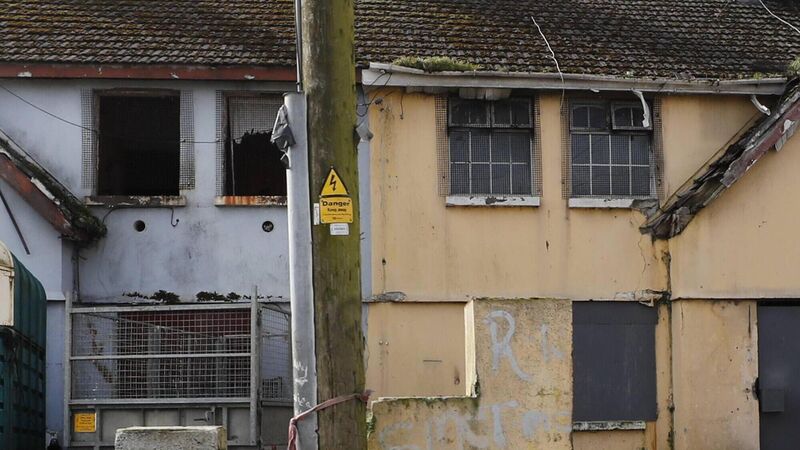Rory Hearne: The next housing crash will hit even harder than the last

Derelict houses in St Mary's Park, Limerick.
Try from €1.50 / week
SUBSCRIBE
Derelict houses in St Mary's Park, Limerick.
The latest house prices show the disastrous extent of the housing emergency. It is, of course, not an accident, or something that just ‘happened’; it results from policy.
It can be solved with a sea change in policy and sufficient courage and vision. But without radical immediate intervention by Government, the crisis is going to get much, much worse.
Already a subscriber? Sign in
You have reached your article limit.
Annual €130 €80
Best value
Monthly €12€6 / month
Introductory offers for new customers. Annual billed once for first year. Renews at €130. Monthly initial discount (first 3 months) billed monthly, then €12 a month. Ts&Cs apply.
CONNECT WITH US TODAY
Be the first to know the latest news and updates
Newsletter
Sign up to the best reads of the week from irishexaminer.com selected just for you.
Newsletter
Keep up with stories of the day with our lunchtime news wrap and important breaking news alerts.
Newsletter
Sign up to the best reads of the week from irishexaminer.com selected just for you.
Monday, February 9, 2026 - 10:00 PM
Monday, February 9, 2026 - 9:00 PM
Monday, February 9, 2026 - 5:00 PM
© Examiner Echo Group Limited